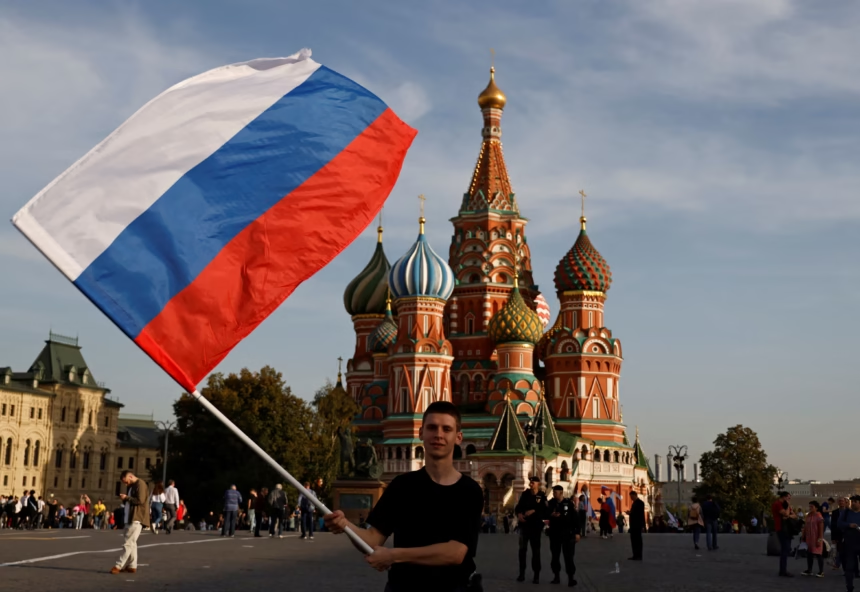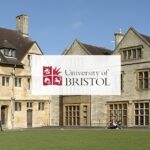In what appears to be a calculated soft-power move, the Russian government has announced plans to offer up to 500,000 scholarships to international students, including Nigerians, in a bid to strengthen educational, diplomatic, and economic ties with Africa.
Russian Ambassador to Nigeria, Andrey Podelyshev, revealed the plan during a media briefing in Abuja, ahead of Russia Day celebrations slated for June 12.
Podelyshev said the initiative is part of President Vladimir Putin’s long-term objective to expand Russia’s global academic footprint and cultivate skilled partnerships with developing countries.
“The Russian President, Vladimir Putin, will increase the number of international students in Russia to 500,000 in the long term,” the ambassador stated as per News Agency of Nigeria (NAN).
As Russia lures global students with up to 500,000 scholarships, it is important to note that currently, less than half of that number are enrolled in Russian universities as international students. With about 32,000 African students, the Ambassador noted that only around 2,000 are Nigerians pursuing higher education across the Russian federation. Podelyshev said the yearly intake quotas would be increased to meet Putin’s ambitious target.
For the 2025 academic year, Russia has already awarded 220 scholarships to Nigerian students under a scheme approved in 2024. According to the ambassador, preparations are in progress for the students to begin studies in September.
He noted that the scholarships would cover not just tuition but also living expenses, though travel costs are expected to be handled by the respective home governments of selected students.
Podelyshev emphasized that the initiative is not merely academic but part of a broader strategy to align education with Russia’s growing economic involvement in Africa.
“If Russia is involved in rebuilding a plant in Ajaokuta or establishing nuclear plants, we will need Nigerian professionals trained in Russia to implement these projects,” he said.
He also pointed to the role of the Intergovernmental Commission on Economic, Scientific and Technical Cooperation as a key vehicle for integrating education into Russia’s bilateral ventures.
The ambassador acknowledged the common concern of brain drain but hinted that Russia and its partner countries could design scholarship frameworks that create incentives for students to return home.
“If students know they are being trained for specific national projects that require their expertise upon return, they will have stronger incentives to come back,” he said.
By offering thousands of funded opportunities, Russia amid its war with Ukraine, is attempting to position itself as a destination of choice in the overseas education sector.
As Russia lures global students, analysts suggest this move, might kick off a fresh competition with western nations who are constantly attracting international students to strengthen their economy and global standing.





